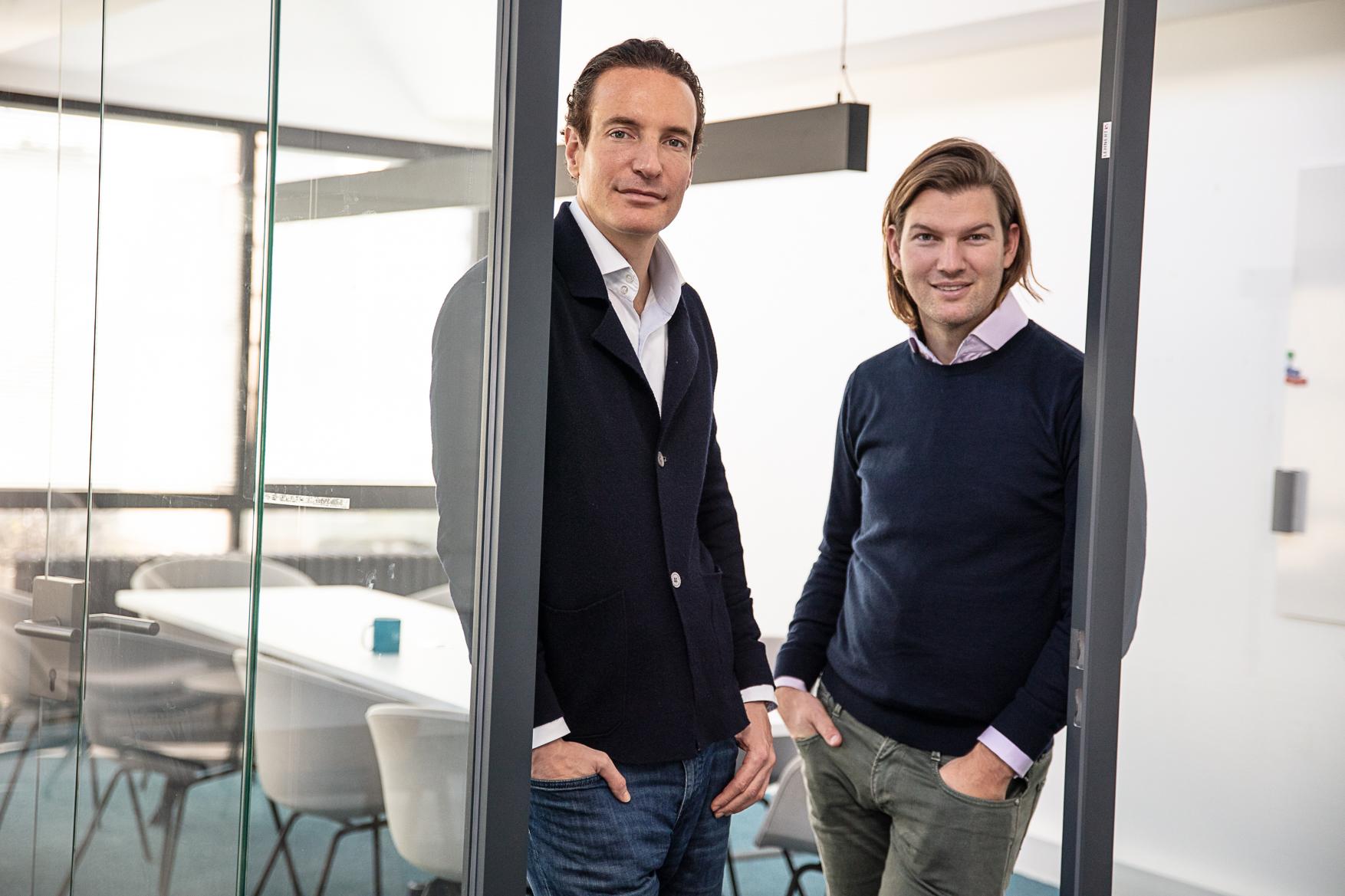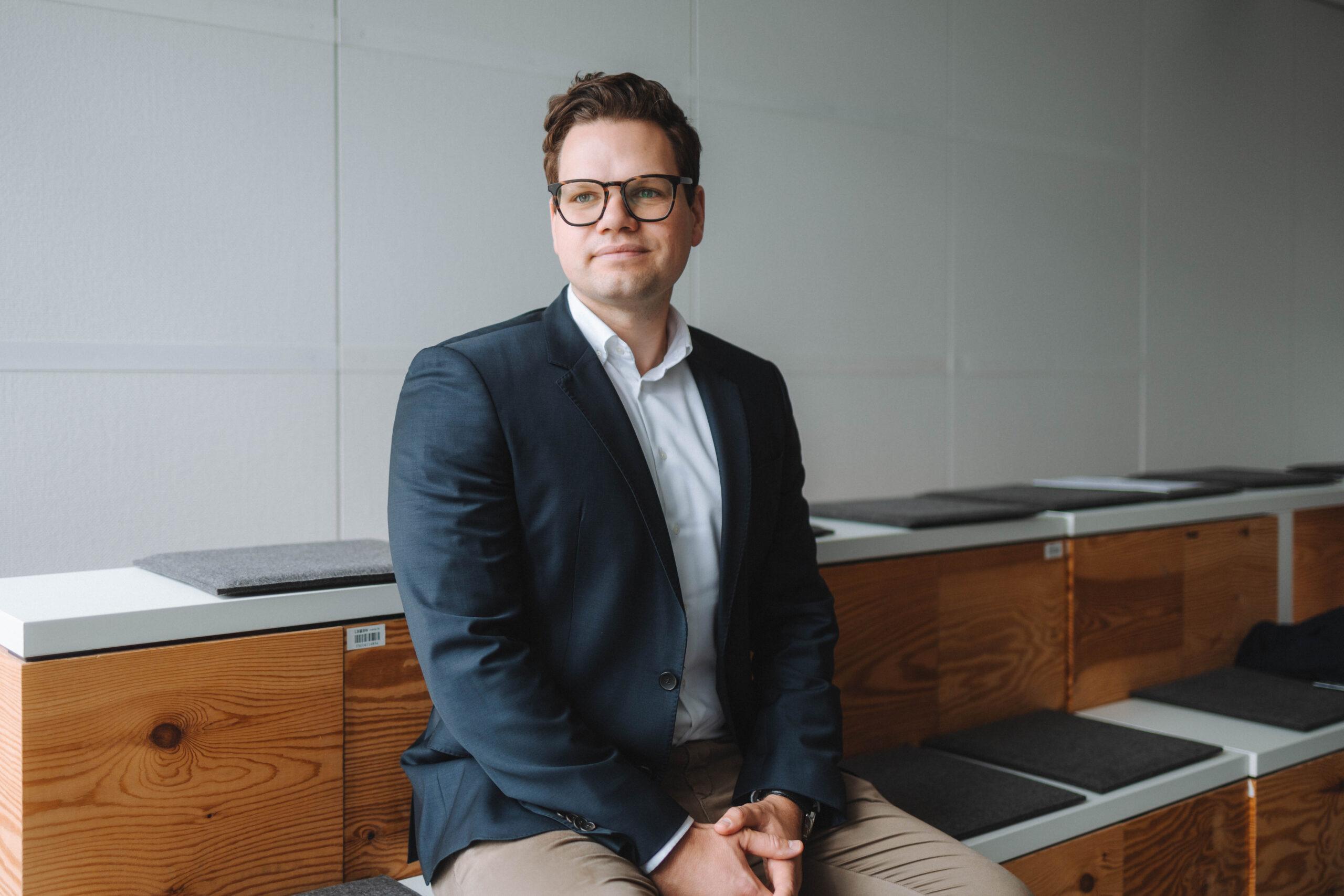Have courage for new working models

Founders shouldn't spend too long debating the pros and cons of working from home and the like, they should just do it, writes Eric Demuth in his guest article.
Everyone back in the office, or not? The topic is polarizing - probably more than ever before in these cautiously approaching post-pandemic times. Remote, in the office or hybrid: we've been talking about the pros and cons of each for over 18 months. And of course, this debate is an incredible privilege, as it excludes significant parts of the local economy: the manufacturing industry, gastronomy, retail, the tourism sector and many more.
Since then, opinions have been roughly divided into two camps: some no longer want to do without working from home - especially the freedom and flexibility gained - while others simply find it tedious. There has been plenty of criticism of working from home: key factors for collaboration, communication and productivity are often neglected when working from home. These discussions are simply tiresome, because there is no one solution for everyone. The fact is: some people work better in the office. Some are more focused and productive at home. And many of us find that we are most effective when we have options.
Transition periods have always been challenging times. For Bitpanda and other tech companies, the necessary transition to 100% remote was certainly a little easier than for traditional companies. Nevertheless, we had to organize this transition in March 2020, back then with just under 200 employees. We observed, communicated and raised awareness - and sometimes improvised. As we know, habits can be the shackles of progress. The pandemic has further accelerated the transformation that is characteristic of a scale-up in the hypergrowth phase: colleagues now see themselves as one team across (national) borders, regardless of where they work from and where the other person is based. Today, our team comprises three times as many people.
For many employees around the world, the fall marks the end of the remote experiment and the beginning of the return to the office. We should be clear about this: Those who are too hasty in ordering their employees back and insisting on presence run the risk of losing some of their most talented employees. According to a survey by the Bloomberg news agency, almost 40 percent of employees would consider resigning if their company did not maintain a flexible home office policy. Among young talents, i.e. those born after 1980, the opinion is even clearer: for 49 percent, a return to less flexible working models would be a reason to resign. The picture is similar in an EY survey: According to studies, young employees are more likely to want to return to the office, precisely because it is an important part of their social life and many felt isolated during lockdown. At the same time, they demand flexible models and would even resign if they could not work from home. All this shows: The pandemic has broken through cultural and technological barriers that prevented remote working in the past - and has thus set in motion a structural change in the world of work, at least for some people. That's a good thing.
We shouldn't spend too long debating the pros and cons of each model and instead have the courage to implement genuinely new working models. Finally create innovative solutions for the increasingly diverse needs of workforces. Solutions that suit both the company and the team. Above all, many employers should finally see their employees for what they are: Adult people who are competent and responsible. The illusory control of employees through presence is the work philosophy of the last century. And if you don't want to be outdated, you should also continue to develop as a boss in this area and not just expect this from your employees.
In this context, I am inspired by an idea from the author Benjamin Laker, according to which workplaces are passé. Instead, work areas form a new focus. To better illustrate this, Laker uses a well-known example: the central office buildings of companies should become hubs, such as Frankfurt Airport, Paris' CDG or Amsterdam's Schiphol. They retain their function as a communal place, but primarily serve to connect smaller hubs, where the majority of employees usually work. These hubs are located in cities or districts.
We made a conscious decision to build a new 8,000 square meter headquarters for our team in Vienna, which will open in a few weeks and will be filled with the usual hustle and bustle. In addition, there will be smaller Bitpanda Hubs in ten European cities for the time being, as well as adapted guidelines that follow the hybrid idea: 50 percent of working time is to be spent at HQ or a hub, the remaining 50 percent at home. We have also said goodbye to core working hours in order to maintain the greatest possible and desired degree of flexibility. And as an extra benefit, there are 60 days of "work from anywhere" on top. In other words, we give our employees the freedom to work where they can best do so, wherever that may be.
I repeat: there is no universal solution. And there doesn't need to be. Everything can, nothing has to - the main thing is that it suits the employees and the company 100 percent.
About the person: Eric Demuth, 34, was born in northern Germany, lives in Vienna and founded Bitpanda there in 2014. Every two months, he shares his views on current topics from the start-up world.

Newsletter
Startups, stories and stats from the German startup ecosystem straight to your inbox. Subscribe with 2 clicks. Noice.
LinkedIn ConnectFYI: English edition available
Hello my friend, have you been stranded on the German edition of Startbase? At least your browser tells us, that you do not speak German - so maybe you would like to switch to the English edition instead?
FYI: Deutsche Edition verfügbar
Hallo mein Freund, du befindest dich auf der Englischen Edition der Startbase und laut deinem Browser sprichst du eigentlich auch Deutsch. Magst du die Sprache wechseln?













